World
Europe may have been transforming itself in the early modern period but the rest of the world was not standing still. In this section we can learn about the emerging United States, the wealth and power of the Mughal Empire and the economic impact of the slave trade, alongside the cultural destruction and changes it made on the lives of the enslaved. Read more
Sort by:
Date (Newest first) | Title A-Z
Show:
All |
Articles |
Podcasts |
Multipage Articles
-

Podcast Series: Thomas Paine
Multipage ArticleClick to view -

Ideas on the Shape, Size and Movements of the Earth - Pamphlet
ArticleClick to view -
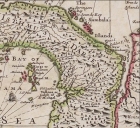
The Darien Scheme - Pamphlet
ArticleClick to view -
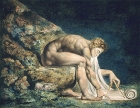
Podcast Series: The History of Science
Multipage ArticleClick to view -
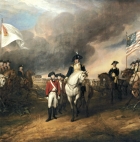
The effect of the loss of the American Colonies upon British Policy
ArticleClick to view -

Podcast Series: The Mughal Empire
Multipage ArticleClick to view -
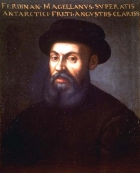
The Great Powers in the Pacific
ArticleClick to view -

Bristol and America 1480-1631
ArticleClick to view -

Empires of Gold
ArticleClick to view -
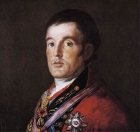
The Undergrowth of History
ArticleClick to view -
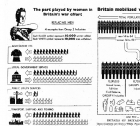
Diagrams in History
ArticleClick to view -

The Journey to Icarie and Reunion: A Romance of Socialism on the Texas Frontier
ArticleClick to view -
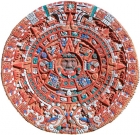
Culture Shock: The Arrival of the Conquistadores in Aztec Mexico
ArticleClick to view -

A Commercial Revolution
ArticleClick to view -
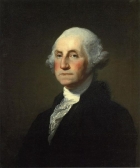
The War of American Independence
ArticleClick to view -

Peter the Great
ArticleClick to view -
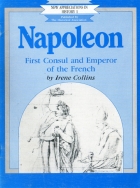
Napoleon: First Consul and Emperor of the French
ArticleClick to view -
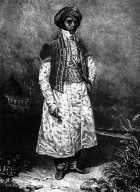
Dean Mahomet: Travel writer, curry entrepreneur and shampooer to the King
ArticleClick to view -
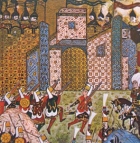
Upwards till Lepanto
ArticleClick to view -

A Pirate of Exquisite Mind: The Forgotten William Dampier
ArticleClick to view

